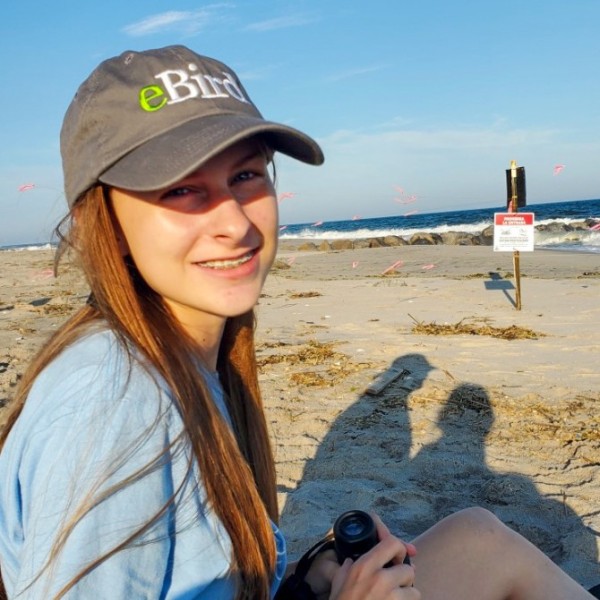The tools of technology can help develop innovative solutions, but it’s too big a task to tackle alone. This year, students and faculty from the world’s five leading agricultural universities, including Cornell, will spend three days learning, networking and brainstorming at the Cornell Initiative for Digital Agriculture’s (CIDA) second annual hackathon, Feb. 28-March 1.
“We’ve gathered world-class resources and mentors to help students explore what technology can do for agriculture,” said J. Tim Vanini ’91, CIDA managing director. “With support from Cornell’s senior leaders and alongside students and researchers from around the world, participants will have the opportunity to take their ideas from concept to reality.”
Digital agriculture – one of Cornell’s Radical Collaboration initiatives – incorporates technologies such as robots, sensors, drones and artificial intelligence to help farmers and others make more effective, real-time decisions to optimize food production. The 2019 hackathon’s winning projects included an insect-based animal feed; using crowdsourcing to alert farmers to specific threats; and real-time cow feed efficiency monitoring.
More than $8,000 in cash prizes will be awarded to this year’s winning teams, which will develop and present projects that use technology to solve challenges in the areas of production and environment, controlled environment, sustainable agriculture, small farms and food systems.
Hackathon guests will travel from Wageningen University, the Netherlands; the University of São Paolo, Brazil; and the University of California, Davis. The event will begin with keynote speeches from Microsoft and Cargill executives on Friday, Feb. 28, and end Sunday, March 1, at 1 p.m. with the announcement of the winners.
Hosts for the hackathon include CIDA; the Faculty of Computing and Information Science; the College of Agriculture and Life Sciences; Cornell Engineering; the College of Veterinary Medicine; and Entrepreneurship at Cornell. Sponsors include Microsoft, Cargill and Xarvio.
A full list of hosts and sponsors can be found on the hackathon website.





